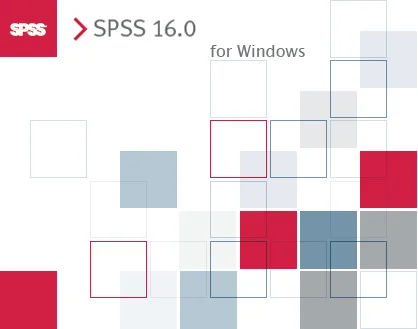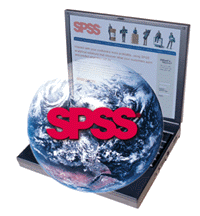SPSS Syntax 102: Recoding and Computing Variables, Calculating Descriptive Statistics
/Once you’ve set up your SPSS data file, created variable and value labels to aid in interpretation of future analyses, and cleaned the data as necessary, it might be time to recode and compute new variables. You may also want to calculate some basic descriptive statistics regarding key variables in your data set. All of these tasks are remarkably simple using SPSS syntax. As a reminder, this forum focuses on common analyses performed by researchers and practitioners within organizational behavior, industrial/organizational psychology, and human resource management. An in-depth explanation of everything SPSS syntax can possibly do is far beyond this forum’s scope. The focus here is on practical issues and no-nonsense knowhow to bolster your productivity.
Read More




